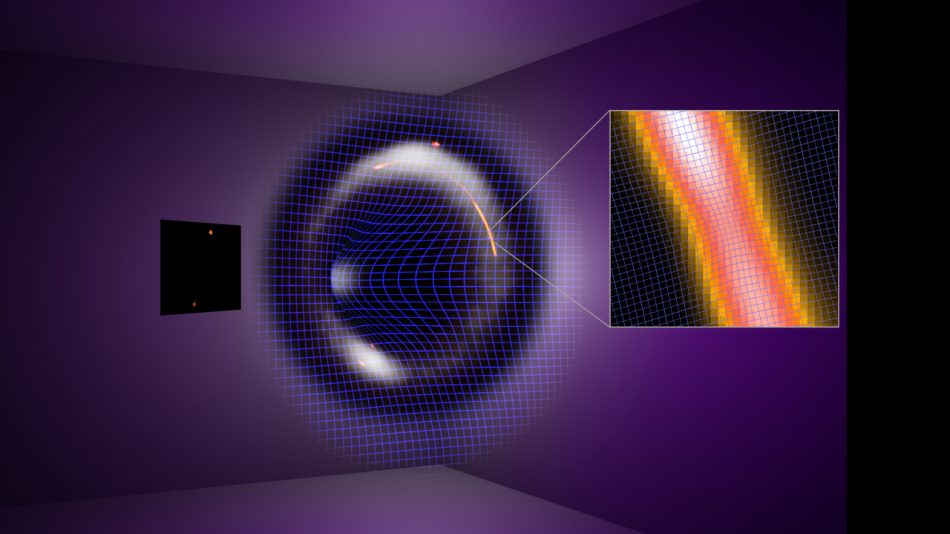
Something massive is lurking in the darkness of space, a mysterious object with the weight of a million Suns but no light to give it away.
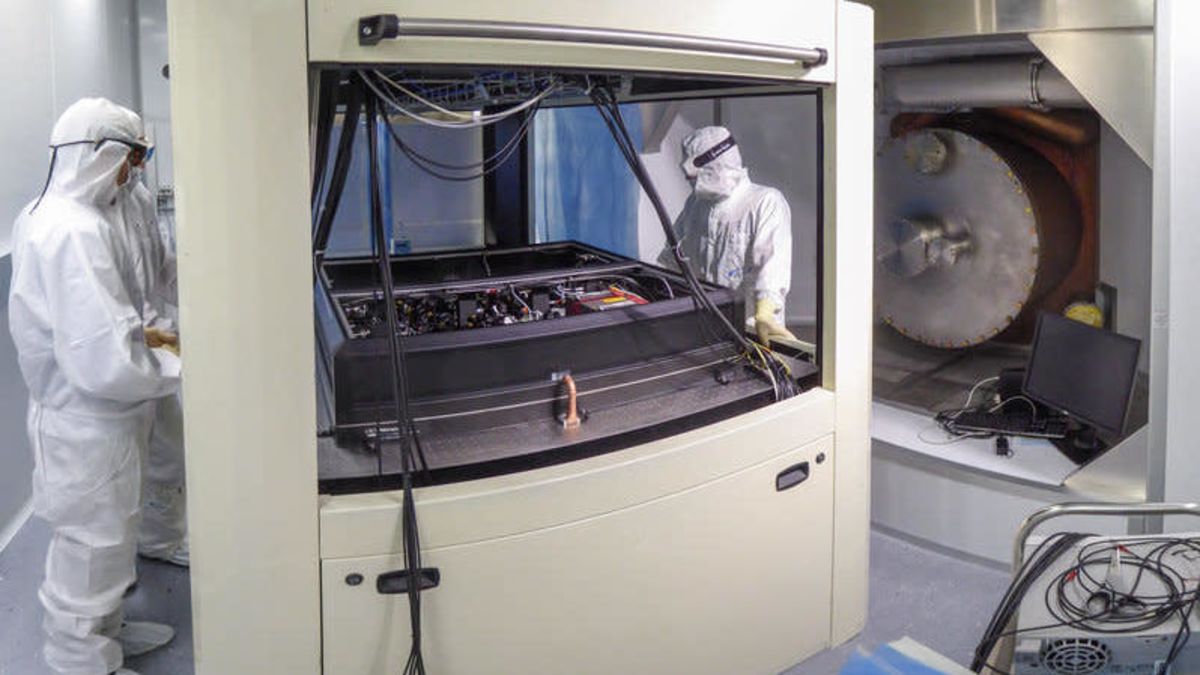
A new method, the result of decades of research, has allowed researchers to suppress vacuum noise and extend the reach of the gravitational wave detectors.

Gravitational waves from the collision of two neutron stars have been detected for the second time ever — along with another, less certain signal that a neutron star being swallowed by a black hole.
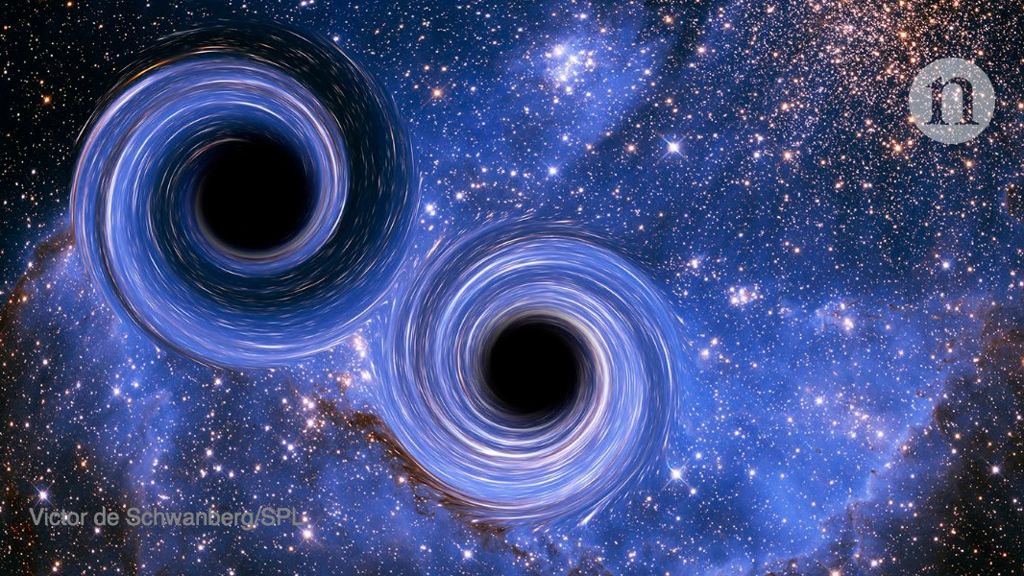
A planned US$35-million upgrade could enable LIGO to spot one black-hole merger per hour by the mid-2020s.
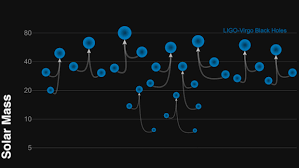
The LIGO and Virgo collaborations have now confidently detected gravitational waves from a total of 10 stellar-mass binary black hole mergers and one merger of neutron stars.

The merger of two neutron stars generated gravitational waves and high-energy gamma radiation and detected last August likely produced a record low-mass black hole.

The gravitational wave events recorded in LIGO are actually the first direct indication of the existence of black holes. Three scientists from US wins 2017 Nobel prize in physics.
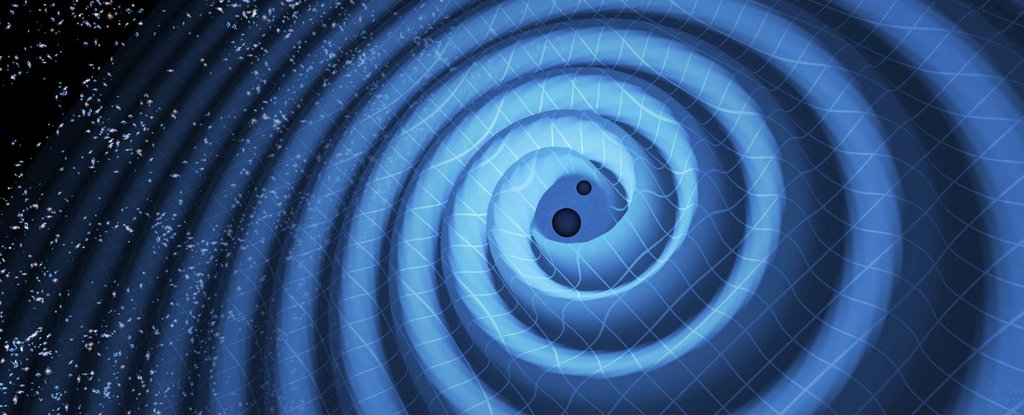
The Laser Interferometer Gravitational-wave Observatory (LIGO) has done it again, detecting gravitational waves rippling away from a cosmic collision between a pair of black holes.

Gravitational-wave data show tentative signs of firewalls or other exotic physics.

Finding evidence of gravitational-wave memory could help solve the black hole information paradox.

Astronomers have presented one of the most complete models of matter in the universe and predict hundreds of massive black hole mergers each year observable with the second generation of gravitational wave detectors.

Signal was produced by two black holes colliding 1.4 billion light years away.

Now, some astronomers are beginning to think that dark matter is actually made up of ancient black holes formed during the first second of our universe's existence.

The genius of Albert Einstein lead us to gravitational waves - maybe someday another genius will work out how to make them, says Dr Karl.
Gravitational waves sent out from a pair of colliding black holes have been converted to sound waves, as heard in this animation.